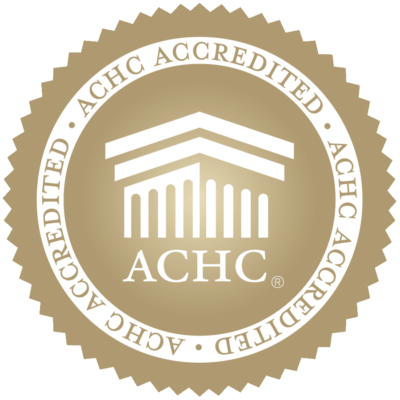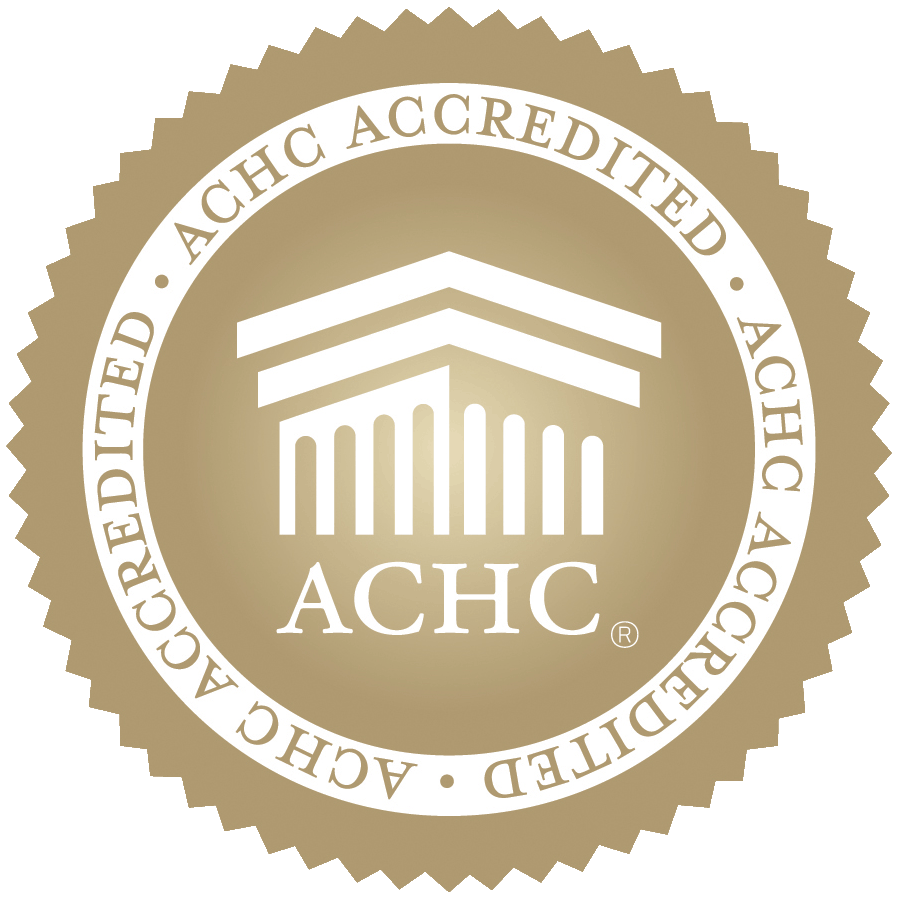Frequently Asked Questions (FAQ)
Medicare Part A, Medi-Cal, VA benefits, and most private insurance plans cover the cost of hospice care. A vast majority of patients pay nothing out of pocket.
No, hospice care is available to patients with a life-limiting diagnosis who want medical care for comfort rather than curative care. The benefit covers the last six months of life. Patients and families consistently report that they regretted not opting for their earned hospice benefit sooner.
No, hospice does not hasten or postpone death. lt is care provided to patients (and their immediate family members) to make them more comfortable and peaceful at the end of their lives. Families are often in need of guidance which hospice often can provide. The physical symptoms of the patient are usually better managed while on hospice than not.
Hospice focuses on patient comfort and quality of life. Although a “cure” is no longer the goal, research shows that people receiving “comfort care” often live longer than they would without hospice.
Now is the best time to learn more about hospice and ask questions about what to expect from hospice services. Although end-of-life care may be difficult to discuss, it is best for family members to share their wishes long before it becomes a concern. This can greatly reduce stress when the time for hospice is needed. By having these discussions in advance, patients are not forced into uncomfortable situations. Instead, patients can make an educated decision that includes the advice and input of family members and loved ones. Patients and families consistently report that they regretted not opting for their earned hospice benefit sooner.
People with Medicare and Medi-Cal have the most rigorously protected freedom of choice. The Social Security Act mandates this patient right. In short, these patients may receive health services from any certified hospice agency. lt is the patient’s choice.
Anyone associated with the patient can refer to hospice. Qualification will be determined after the referral.
Some doctors don’t like to give bad news. Often, unless asked for candid feedback, the doctor may avoid bringing up hospice until death is very near and opportunities for planning and care are lost.
Typically, after receiving the referral (see Q3) often within an hour our nurse practitioner or RN wiil contact the patient/patient’s legal decision maker to schedule a visit to assess the patient to determine if the patient is eligible (our MD will certify this). Depending on the patient/family’s needs, the patient is then often admitted immediately. Medication, supplies, medical equipment (if needed) will be delivered the same day or the next day depending on the time of assessment and the patient’s need.
Because Medicare and Medi-Cal model hospice with the patients family/caregiver as the providing primary presence and support, no hospice has staff at the patient’s residence long term beyond their scheduled visit. Lucent’s care is available 24/7/365 as “on-call” for needs beyond the scheduled visits. All after-hour calls are answered by a skilled nurse who knows the patients condition; you will never reach a machine or be abandoned.
While hospice strives to manage pain and other uncomfortable symptoms outside the hospital setting, a hospice patient always has the choice of whether to go to the hospital. The patient revokes hospice when they go to the hospital and may readmit with hospice (if eligible) afterward. The Medicare Hospice Benefit covers short-term general inpatient care in the hospital when a patient’s symptoms can no longer be managed in another care setting.
Hospice services can be provided to a terminally ill person wherever they live. This means a patient living in a nursing facility or long-term care facility can receive specialized visits from hospice nurses, nursing aides, chaplains, social workers, and volunteers, in addition to other care and services provided by the nursing facility. The hospice and the nursing home will have a written agreement in place in order for the hospice to serve residents of the facility.
A patient can receive hospice without signing a DNR. Hospice regulation says that hospices cannot discriminate against patients because of any advanced directive choices.
It’s okay. If you choose to seek aggressive medical treatment, hospice may not be for you. You have to qualify for hospice, but you can opt out at any time for as long as you like. You can opt back in later, as long as you qualify.


